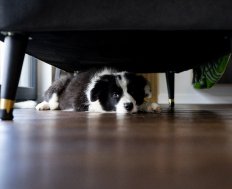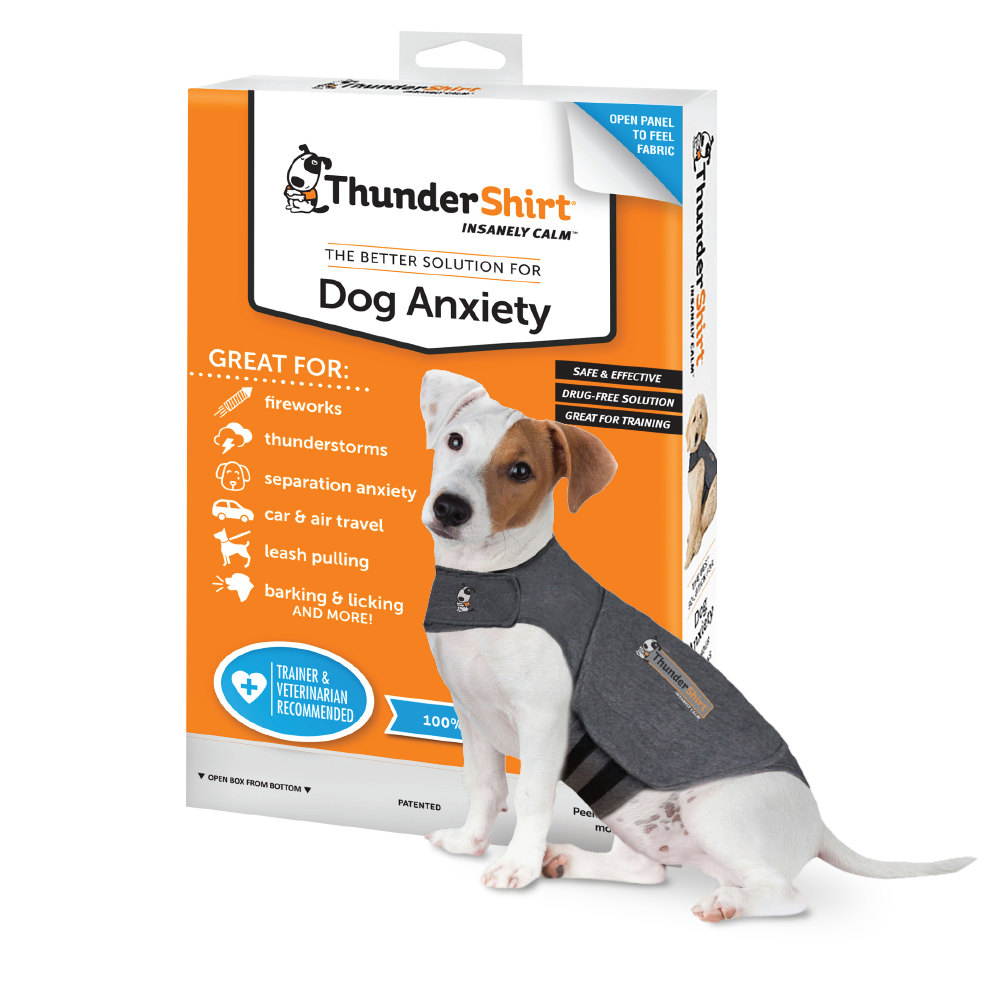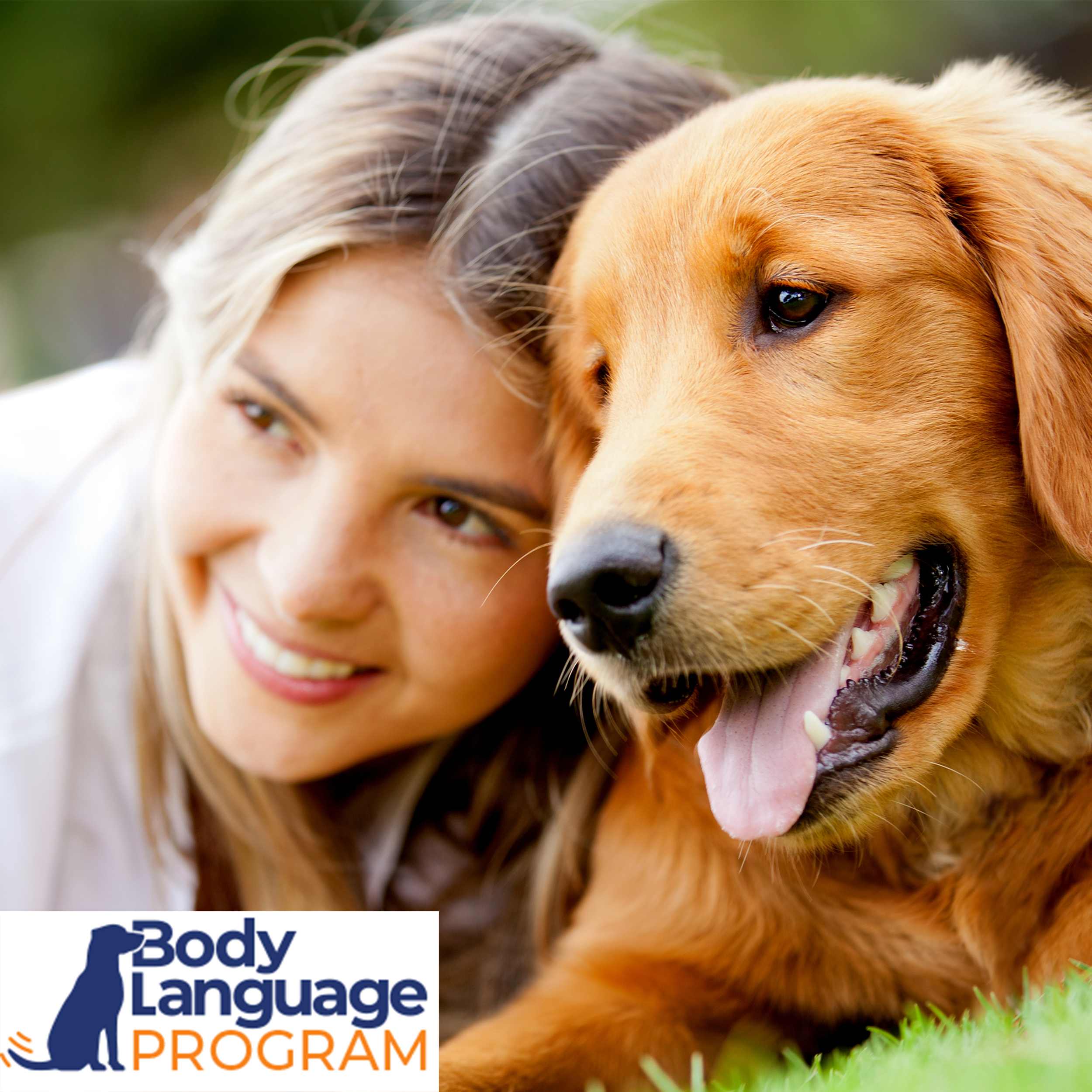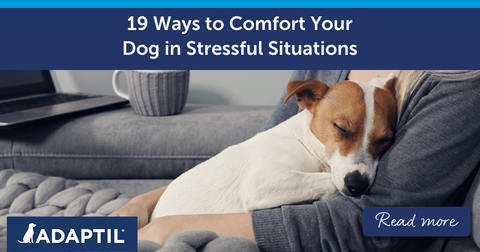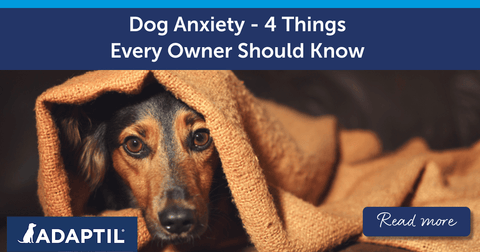
The Importance of Sleep for Dogs: A Happy Dog Expert Explains!
Just as for people, rest and sleep are extremely important for dogs—they’re both vital for maintaining good health and emotional balance. In addition, good sleep quality promotes cognitive skills and helps learning! Today, we’re discussing why rest is so important, how to tell if your dog is getting enough sleep, and sharing a few tips on helping your pooch settle.
First though, if you think your dog may not be getting enough rest during the day or does not sleep well at night, be sure to see your vet. They will be able to check your dog’s health and help you identify the causes of any sleep issues.
By Patricia Darder, Health Behaviourist and Happy Dog Expert
Dogs and the Importance of Sleep
Sleep is an essential and necessary behaviour for all mammalian animals. Good quality and quantity of sleep ensure the maintenance of their physical and emotional well-being, while sleep deprivation can have serious health consequences and even lead to behavioural disturbances and cognitive deficits.
In turn, a lack of sleep can deregulate a dog's circadian rhythms. This affects their sleep-wake cycle and other biological processes that depend on this rhythm.
The Physical Effects of Sleep for Dogs
Specifically, on a physical level, the main negative effects of insufficient rest for dogs are:
-
Decreased immune function: A lack of sleep for dogs can weaken the immune system, making them more susceptible to infection and disease.
-
Metabolic problems: Just like in humans, sleep deprivation in dogs can disrupt metabolism, potentially leading to problems such as obesity and diabetes.
- Physical fatigue: Dogs may show signs of physical fatigue, including muscle weakness and reduced ability to perform normal physical activities.

The Behavioural Effects of Sleep for Dogs
Behaviourally, the consequences of a lack of sleep for dogs can be:
-
Increased stress and anxiety: Sleep deprivation can increase stress and anxiety levels in dogs, manifesting in behaviours such as excessive panting, restlessness, and aggression.
-
Alterations in social behaviour: Sleep-deprived dogs may show changes in their social behaviour, such as being less playful or even avoiding contact with other dogs and people.
- Cognitive problems: Dogs' cognitive ability can be affected in terms of reduced learning capacity and memory. This can make training and responding to commands more difficult.
Is My Dog Getting Enough Sleep? What to Look Out For
Dogs follow a diurnal circadian rhythm. This means they concentrate their activity during daylight hours and spend most of the night resting.
On average, an adult dog sleeps for 60% to 80% of the night and approximately 35% of the day. A dog that sleeps much less or much more than this range may be experiencing sleep or health problems.
Several indicators can help us know if our dogs aren’t sleeping enough:
-
Alertness and energy: A well-rested dog will be alert and energetic during its waking hours. If your dog seems lethargic, listless, or excessively sleepy during the day, they may not be getting enough rest.
-
Calm behaviour: During resting hours, your dog should be calm and relaxed. If they show signs of restlessness, such as pacing back and forth or constantly changing positions, this may indicate disturbed sleep.
-
Deep sleep: Observe if your dog enters deep sleep, characterised by immobility and regular deep breathing. REM sleep, where rapid eye movements and occasional muscle twitches occur, is also a crucial part of the sleep cycle.
-
Sleeping positions: Dogs that sleep in relaxed positions, such as lying on their sides or curled up, tend to be more comfortable and rest better.
-
Mood swings: Lack of sleep can lead to a change in your dog's character, such as being more irritable. A well-rested dog is generally more balanced and manageable.
-
Ability to learn and respond: If you notice your dog is having trouble learning new cues or seems less receptive to training, it may be a sign of a lack of adequate rest.
If you spot any signs that your dog isn’t sleeping enough, it’s advisable to consult a qualified veterinarian.

How Can I Help My Dog Sleep?
In general, it’s crucial to ensure that dogs have a calm and adequate sleeping environment, avoiding interruptions, and ensuring they have enough exercise and mental stimulation during the day. To promote healthy sleep for your dog, follow these three steps:
1. Provide a Quiet and Calm Environment:
-
Plug in an ADAPTIL Calm diffuser in the room where they sleep to help provide a reassuring environment for your dog.
-
Make sure your dog’s sleeping space is quiet, dark, and comfortable. Avoid loud noises and provide a suitable bed they know they can rest in undisturbed.
2. Apply a Consistent Routine:
-
Establish a consistent daily routine for your dog’s activities, including exercise, eating, and rest time.
3. Physical and Mental Health:
-
Keep your dog physically active and mentally stimulated during the day to promote better sleep at night.
-
Get regular veterinary checkups to rule out health problems that may affect sleep.
For more advice on helping your dog to settle, check out our previous article: “How to Teach Your Dog to Settle at Night”. You can also find our other articles online, or sign up to our newsletter to stay in the loop with all our latest tips, guides, and info!


